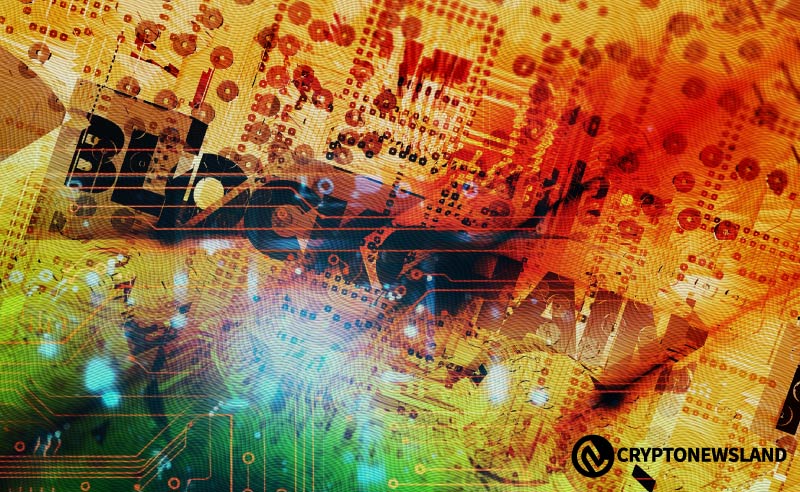- Cardano’s Hoskinson advocates for a blockchain-paper dual system to enhance election security and transparency.
- RFK Jr. and Hoskinson support a dual voting system to mitigate electoral irregularities in the US.
- Political candidates like RFK Jr. and Trump are integrating cryptocurrency issues into their campaigns.
Blockchain technology is being commended as a potential solution to electoral irregularities, with notable voices like Cardano Founder Charles Hoskinson advocating for its integration. The recent debate on X has brought this to the forefront, highlighting the limitations of relying solely on digital voting systems.
The Call for Blockchain Integration
The conversation was started by Presidential Candidate and Bitcoin enthusiast Robert F. Kennedy Jr. (RFK), who pointed to significant electoral issues in a recent Puerto Rico election. He noted that these irregularities could have severely compromised the process if not for the implementation of a paper voting system as a backup. RFK’s argument emphasizes the necessity of a paper trail to support the digital voting system in the United States, proposing a dual approach.
Hoskinson’s Proposition
Charles Hoskinson joined the debate, advocating for a hybrid system that combines blockchain technology with traditional paper voting. He suggested that “blockchain with paper for a dual system where the analog and digital audit each other” would create an optimal solution. Blockchain’s inherent transparency and resistance to manipulation make it an appealing choice for securing electoral processes. Although Hoskinson did not specifically highlight Cardano, many responses to his comments suggested the protocol as a viable option for integration.
Blockchain’s Proven Potential
Blockchain systems like Ethereum, Cardano, and Solana are designed to be tamper-resistant and provide transparency, allowing anyone to verify stored information. While real-world applications of blockchain in voting have been limited, those instances have demonstrated the technology’s effectiveness. The dual-system approach, combining blockchain with paper records, could enhance the integrity and security of elections.
Cryptocurrencies and Election Dynamics
Candidates from former President Donald Trump to rivals Joe Biden and RFK are increasingly appealing to young voters by addressing cryptocurrency issues. Trump has declared himself the “crypto President” and plans to permit Bitcoin mining, positioning himself as a champion of the industry. In contrast, President Biden has begun considering accepting crypto donations for his campaign.
Former President Trump has pledged to end what he terms President Biden’s “war on crypto” as part of his 2024 campaign. Despite his previous skepticism towards digital assets, Trump now advocates for the future of cryptocurrency to be “made in America.”
The Future of Blockchain in Elections
Hoskinson’s endorsement of RFK, who recently purchased GameStop shares, shows the growing intersection of crypto and politics. Analysts suggest that the integration of blockchain technology could fundamentally change the narrative in future elections, offering a more secure and transparent voting process.


